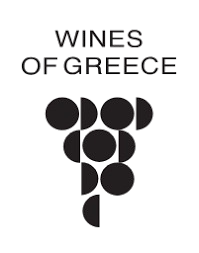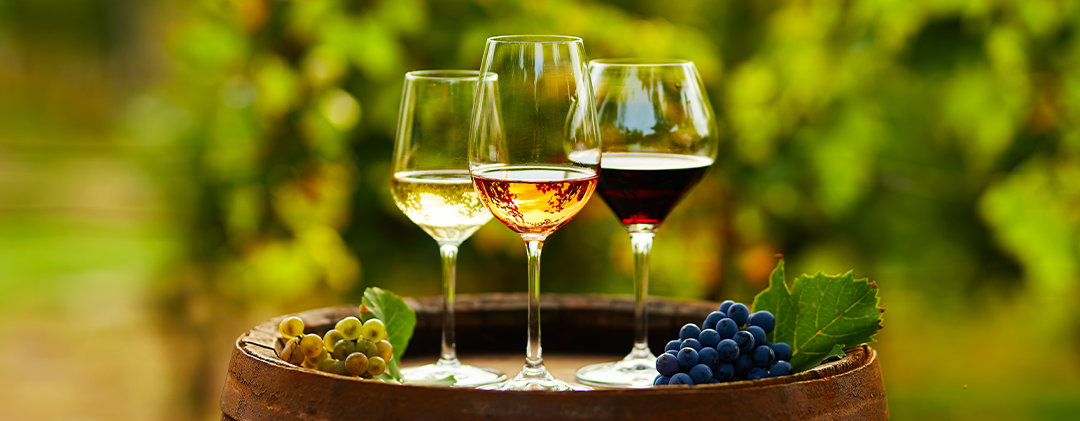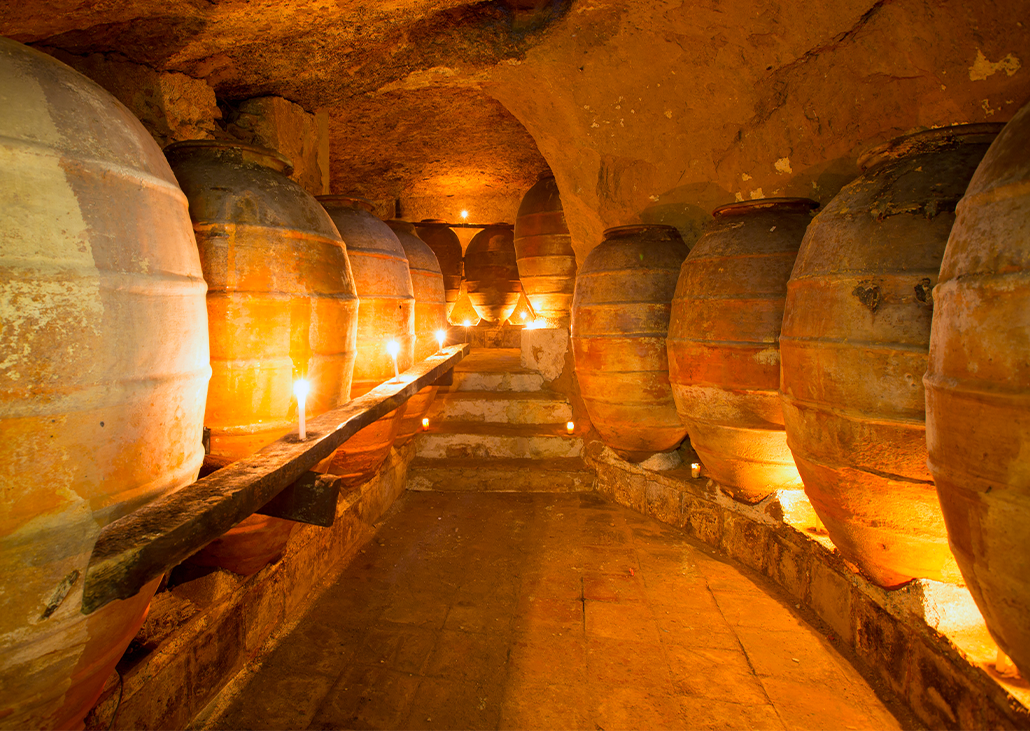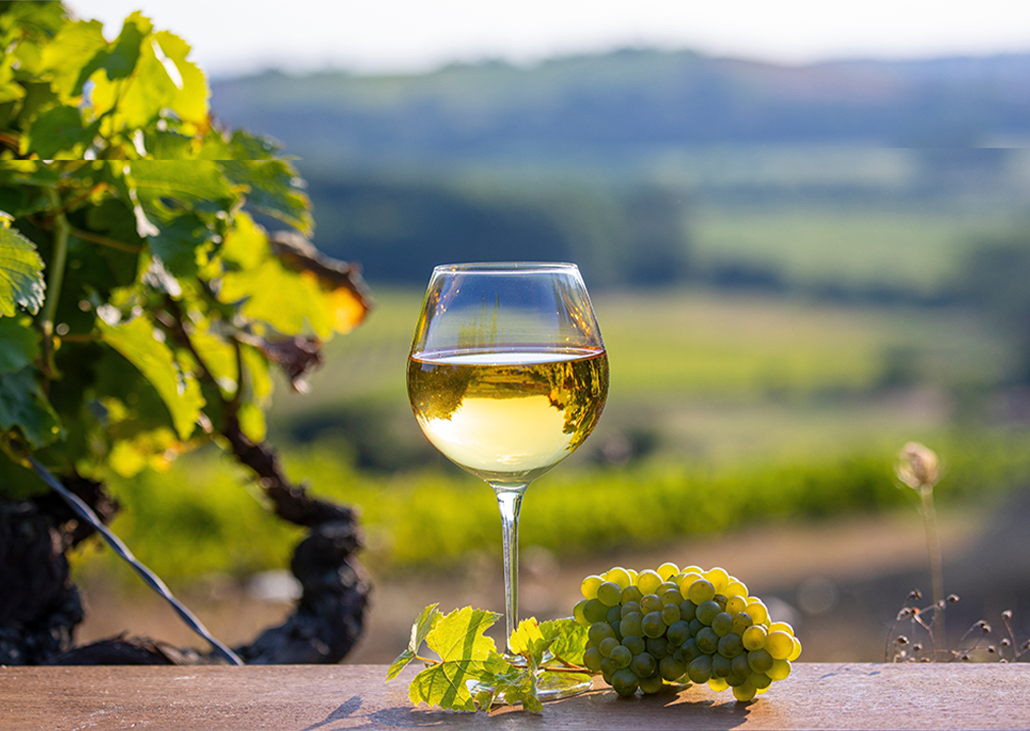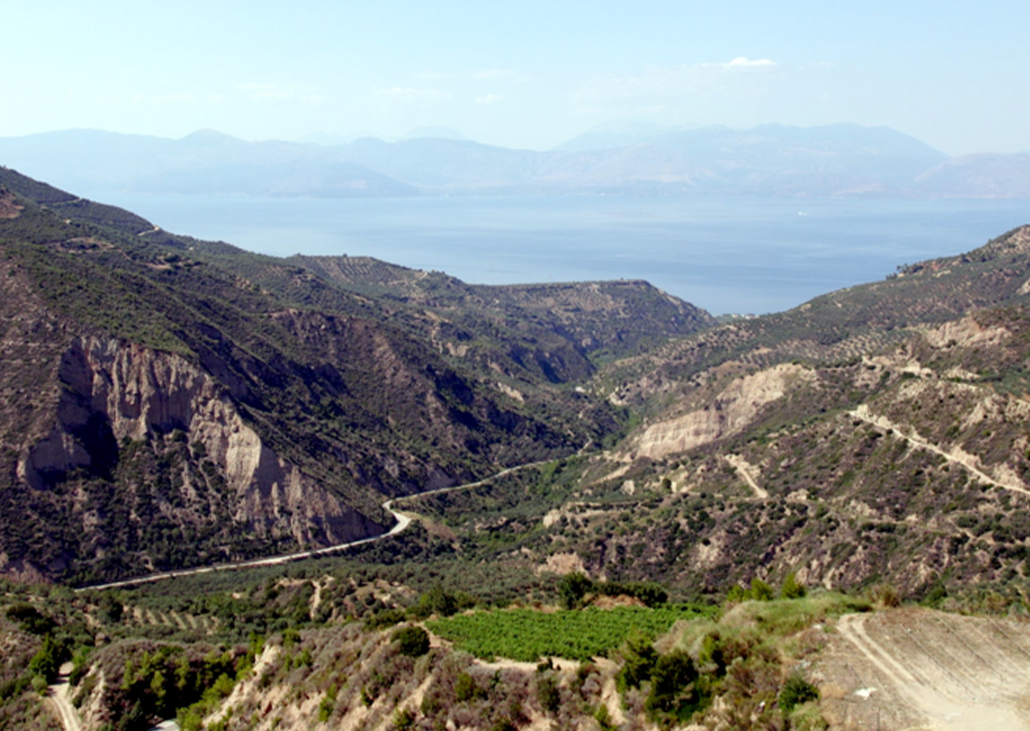In recent years, a new (or perhaps not so new) trend has been steadily gaining ground in the wine world—both internationally and in Greece. These are low-intervention wines: wines that seek to authentically express their place of origin and grape variety through a less-is-more philosophy that begins in the vineyard and carries through to the bottle.
This approach stands in contrast to the more intensive, technocratic production models that have dominated global winemaking in recent decades. Instead, it emphasizes respect for the vineyard and the preservation of the natural balance within its ecosystem. Producers who embrace this philosophy often adopt organic or biodynamic practices, minimizing the use of chemicals both in the vineyard and in the cellar whenever possible.
This philosophy does not end in the vineyard. It continues in the winery, where the winemaker’s role shifts from “creator” to whisperer of the nature. The producer listens closely to the land, aiming to craft a wine that clearly reflects its origin, grape variety, and vintage—without strong intervention through additives such as commercial yeasts, acids, or tannins. The use of sulfites is minimal or even avoided entirely, wherever feasible.
This does not mean that the process is left to chance. On the contrary, it requires a high level of technical expertise, constant monitoring, and precise handling at every stage of production. When applied with consistency and care, this approach yields wines with character, energy, and strong personality.
In Greece—a country of small-scale wine production—more and more producers are embracing this philosophy, crafting low-intervention wines in PDO and PGI zones such as PGI Achaia (ΠΓΕ Αχαΐα), PDO Patra (ΠΟΠ Πάτρα), PDO Naoussa (ΠΟΠ Νάουσα), and PGI Cyclades (ΠΓΕ Κυκλάδες) et al. These wines are making waves in wine shops and restaurants both in Greece and abroad, while also standing out at international trade fairs and drawing the attention of wine media and consumers seeking authenticity and freshness.
Low-intervention wines are gaining steady ground in the Greek wine landscape. Their taste is often marked by immediacy, vibrancy, and a pronounced sense of terroir—offering a direct connection to origin for those who taste them. PDO (ΠΟΠ), PGI (ΠΓΕ), and Varietal Wines (Ποικιλιακοί Οίνοι) from across the country deliver unique drinking experiences full of character and personality. Their audience often includes younger, more informed wine lovers who value authenticity and concepts like sustainability. As a result, an increasing number of wine bars and restaurants are featuring them on their lists—not as a passing trend, but as an important expression of modern Greek winemaking culture.
Although the concept of low-intervention winemaking is not legally defined, its value lies in the transparency and consistency of each individual producer. Unlike the established PDO (ΠΟΠ) and PGI (ΠΓΕ) designations, which provide clear geographic and varietal identity, low-intervention is a philosophy of production that applies regardless of classification. Where there are no official labels to state it, the wines—and the practices behind them—speak for themselves.
In an era where quality is increasingly associated with conscience and respect for nature, low-intervention wines represent a compelling and growing proposition—for producers, professionals, and, most importantly, the modern consumer.
